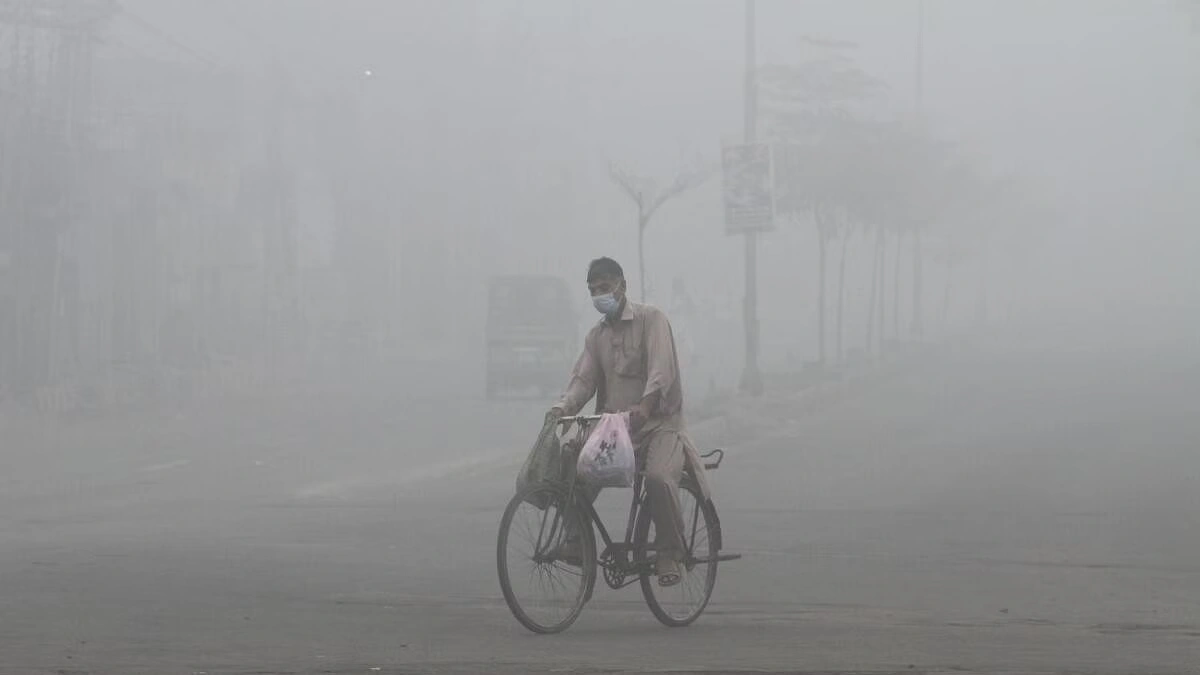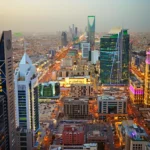In response to the rising pollution levels, Pakistan’s Punjab province has banned most outdoor activities and instructed shops, markets, and malls in some areas to close early starting Monday. The goal is to tackle the health risks associated with intense air pollution.
The government had already closed educational institutions, parks, and zoos in areas including Lahore, ranked as the world’s most polluted city by Swiss group IQAir, until Nov. 17.
Hazardous Air Quality and Rising Health Concerns
The provinces of Lahore, Multan, Faisalabad, and Gujranwala have experienced a sharp increase in respiratory issues, eye irritation, throat problems, and pink eye. According to the Punjab government, these health concerns prompted the new restrictions, which will also be in place until Nov. 17.
The order highlighted the seriousness of conjunctivitis (pink eye) spreading due to bacterial or viral infections linked to exposure to dust, smoke, and chemicals. “The widespread pink eye disease is a major public health threat,” the order stated.
Prohibited Outdoor Activities and Exemptions
Outdoor activities such as sports events, festivals, exhibitions, and dining at outdoor restaurants are now prohibited. However, unavoidable religious events are exempt from these restrictions. Certain shops, including pharmacies, oil depots, and fruit and vegetable stores, are also allowed to stay open past 8 p.m.
Air Quality in Lahore and Regional Pollution
Lahore’s air quality remained hazardous on Monday, with an index score above 600, although it was a significant improvement from the 1,900 level reached earlier this month. According to IQAir, a score of 0-50 is considered “good.”
Every winter, South Asia is hit by toxic haze as cold air traps dust, smoke, and emissions from farm fires. Punjab has pointed to pollution from India as a major contributor to this year’s particularly toxic air, adding that the matter would be raised with India through Pakistan’s foreign ministry.
Meanwhile, India’s Supreme Court has instructed the Delhi government to decide by Nov. 25 whether to enforce a “perpetual ban” on firecrackers. The use of firecrackers during Diwali, despite a ban, has worsened the region’s pollution levels.





